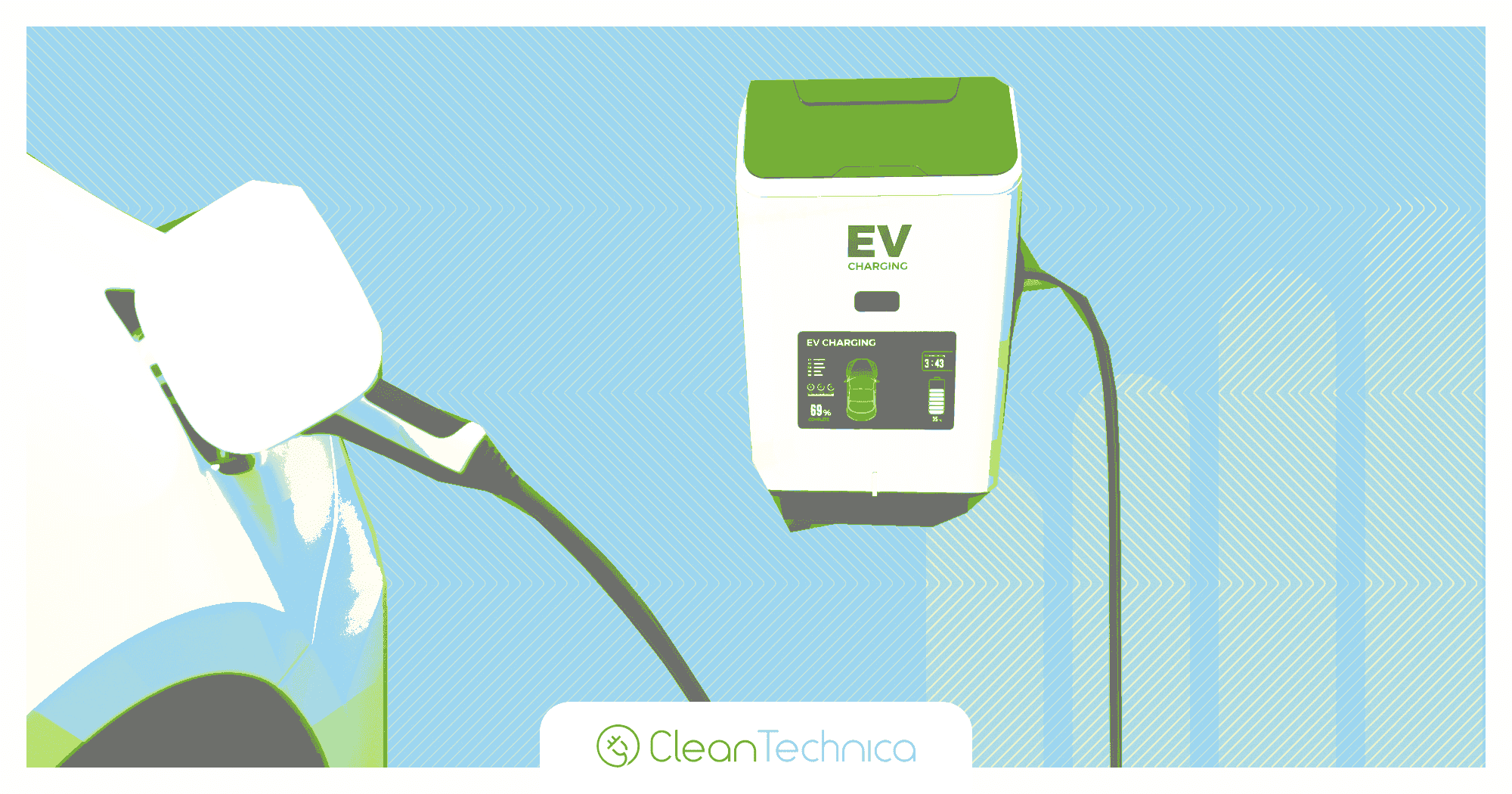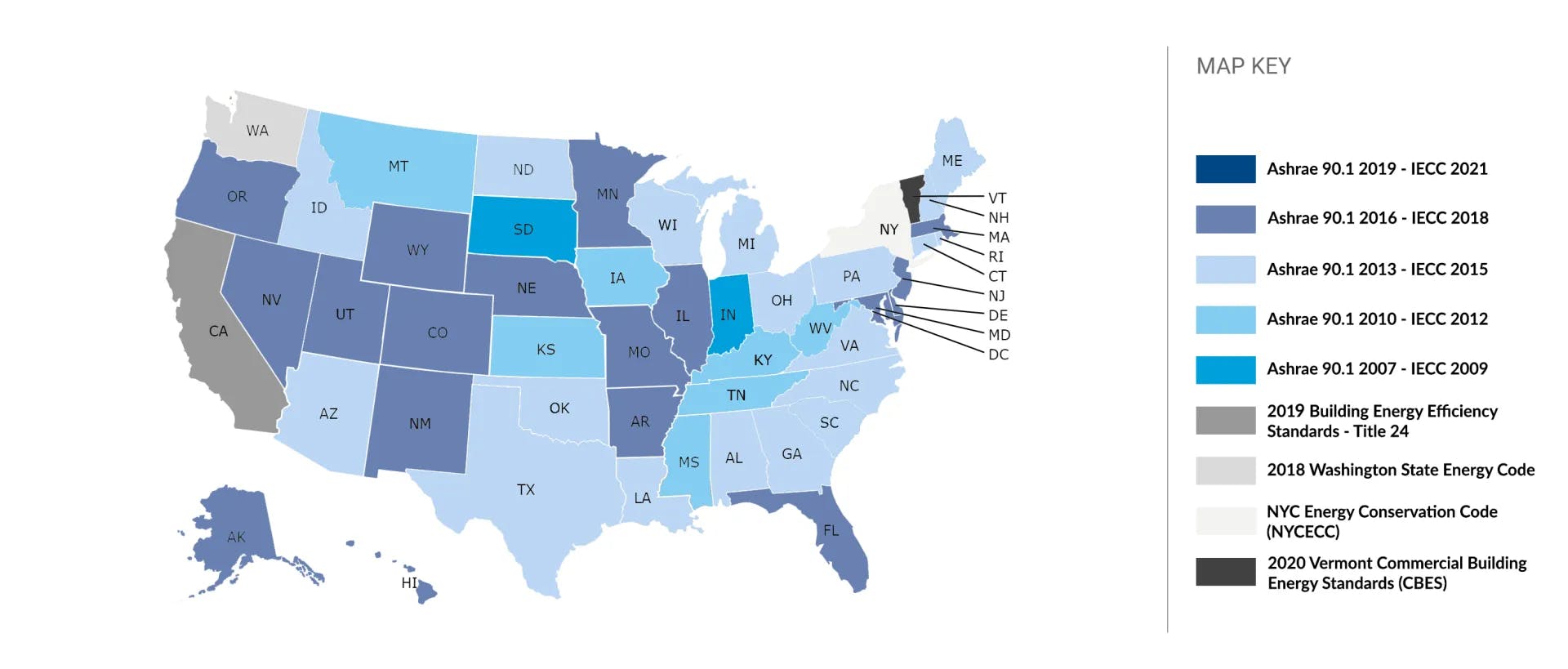Over the last decade and a half we have “electrified “ millions of new/existing homes (moving heating sources to electricity) and have added 2.5 million EVs to the grid.

 cleantechnica.com
cleantechnica.com
(Despite adding 1.2 Million EVs to the grid, last year alone), our energy generation went DOWN by 1.1% in 2023. (Aka power use went down)
Why? Efficiency standards, Building code standards. Our homes and appliances have gotten 50% more efficient in the last 20 years. With that 1% we could add 10 MILLION more EVs to the grid, with no problem.
And honestly this isn’t anything new, we overbuilt power generation due to wildly exaggerated views of how much power use would grow (dating all the way back in the late 50’s/60’s).
For all the doomsday power spike predictions we are forgetting that we are constantly getting better at using less energy despite all the wild contortions and bad “grid power management “ decisions.
So reality is that electrification of passenger cars is a non-event because 10% of vehicles use 90% of the power, use common sense for the super users and steady improvements to net zero homes/businesses will outweigh our vehicle energy use as we slowly electrify more passenger vehicles.
Do I agree in removing nuclear and hydro power to half harzardly add wind and solar in its place, nope. But I don’t think EVs for normal cars is a grid issue, it may even help depending on how we manage it.
Worth noting that HD vehicles also have gotten much more efficient in the last 25 years as well (less fuel use via optimized trips and better efficiency in general), this reduction in fuel use equals 150% of the reductions in gas tax revenue, oops.

The US Added 1.2 Million EVs To The Grid Last Year, & Electricity Use Went Down - CleanTechnica
With over 1 million new EVs plugging into garage outlets, home charging stations, and Superchargers, you’d think our electricity usage would have shot up dramatically. You’d be wrong.
 cleantechnica.com
cleantechnica.com
(Despite adding 1.2 Million EVs to the grid, last year alone), our energy generation went DOWN by 1.1% in 2023. (Aka power use went down)
Why? Efficiency standards, Building code standards. Our homes and appliances have gotten 50% more efficient in the last 20 years. With that 1% we could add 10 MILLION more EVs to the grid, with no problem.
And honestly this isn’t anything new, we overbuilt power generation due to wildly exaggerated views of how much power use would grow (dating all the way back in the late 50’s/60’s).
For all the doomsday power spike predictions we are forgetting that we are constantly getting better at using less energy despite all the wild contortions and bad “grid power management “ decisions.
So reality is that electrification of passenger cars is a non-event because 10% of vehicles use 90% of the power, use common sense for the super users and steady improvements to net zero homes/businesses will outweigh our vehicle energy use as we slowly electrify more passenger vehicles.
Do I agree in removing nuclear and hydro power to half harzardly add wind and solar in its place, nope. But I don’t think EVs for normal cars is a grid issue, it may even help depending on how we manage it.
Worth noting that HD vehicles also have gotten much more efficient in the last 25 years as well (less fuel use via optimized trips and better efficiency in general), this reduction in fuel use equals 150% of the reductions in gas tax revenue, oops.
Last edited:







